Gas Line Installation Costs
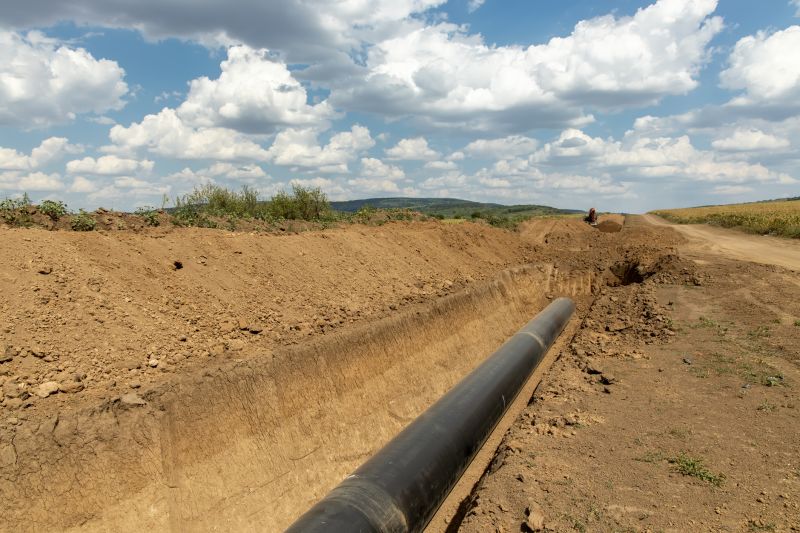
Longer runs require more materials and labor, increasing overall costs.
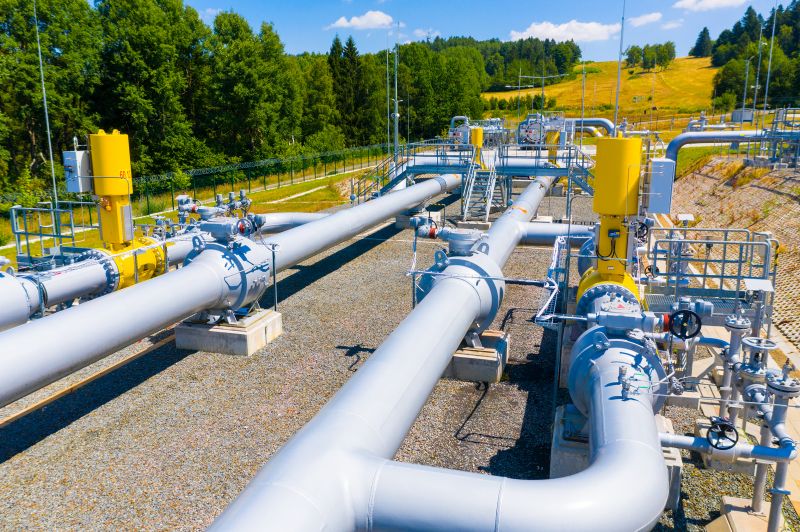
Residential, commercial, or industrial sites influence installation complexity and price.
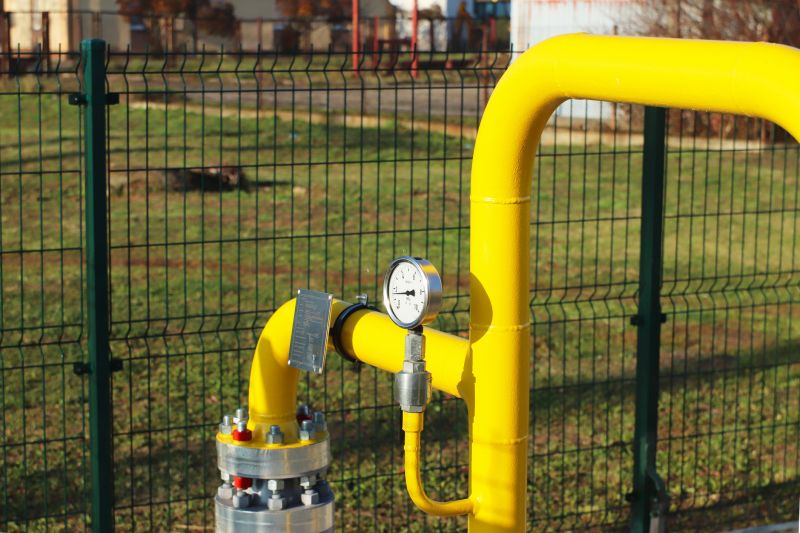
Difficult terrain or restricted access can add to labor and equipment costs.
| Factor | Impact on Cost |
|---|---|
| Material Type | Stainless steel or flexible piping affects price |
| Line Length | Longer distances increase expenses |
| Installation Complexity | Obstacles or underground work raise costs |
| Permitting Requirements | Additional fees for permits and inspections |
| Labor Rates | Regional labor costs influence total price |
| Site Accessibility | Hard-to-reach areas add to labor and equipment costs |
| Existing Infrastructure | Connections to existing lines may vary in cost |
| Additional Components | Valves, meters, and safety devices impact budget |
Factors such as the length of the gas line, type of property, and site accessibility are primary drivers of cost. For example, installing a gas line in a large commercial property with complex underground obstacles will generally be more expensive than a straightforward residential installation. Budgeting for unforeseen challenges is advisable to avoid surprises during project execution.
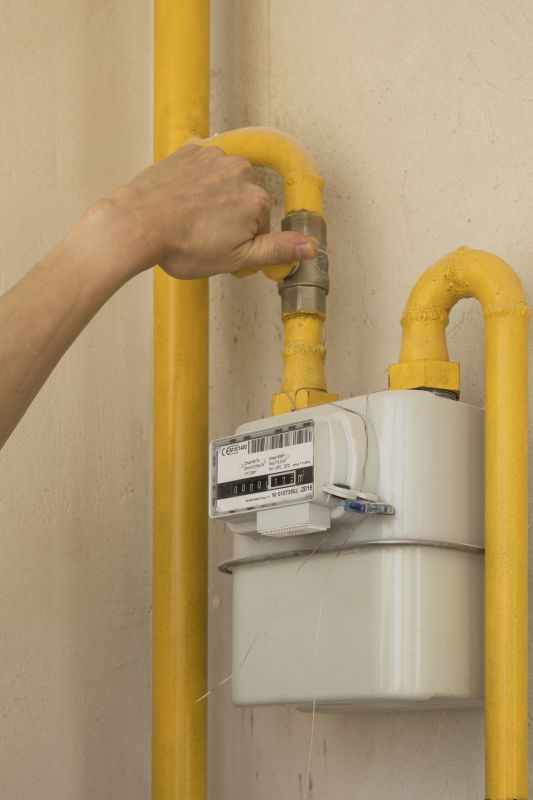
Costs depend on the type and location of meters and regulators required.
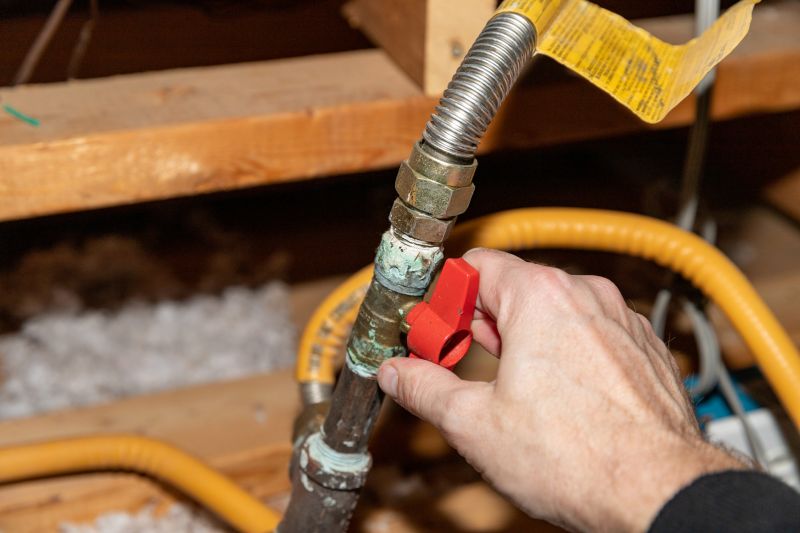
Indoor connections involve additional fittings and safety considerations.
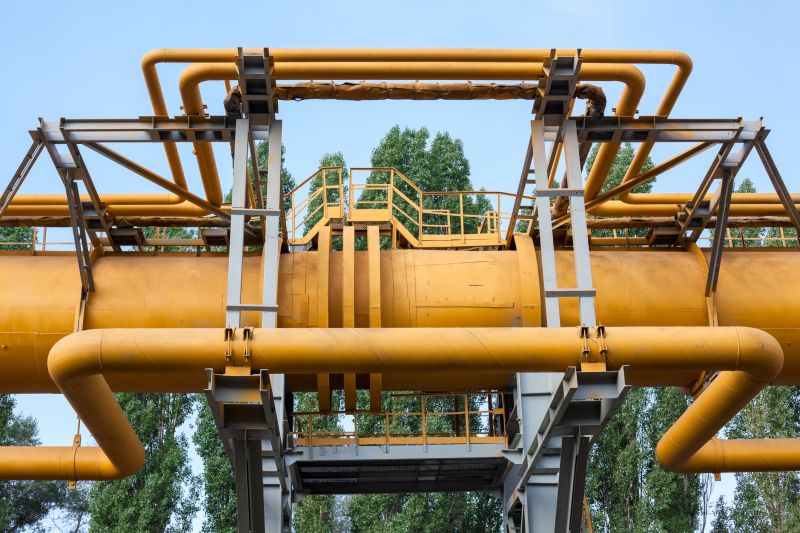
Protective coverings and corrosion resistance impact material costs.
| Service | Average Cost |
|---|---|
| Basic Residential Gas Line Installation | $1,000 - $3,000 |
| Commercial Gas Line Installation | $3,500 - $10,000 |
| Indoor Gas Line Connection | $200 - $500 |
| Outdoor Pipe Protection | $300 - $1,000 |
| Gas Meter Installation | $150 - $400 |
| Regulator Setup | $100 - $300 |
| Leak Testing | $100 - $250 |
| Permitting and Inspection | $200 - $600 |
| Repair of Existing Gas Lines | $500 - $2,500 |
| Emergency Gas Line Repair | $1,000 - $5,000 |
